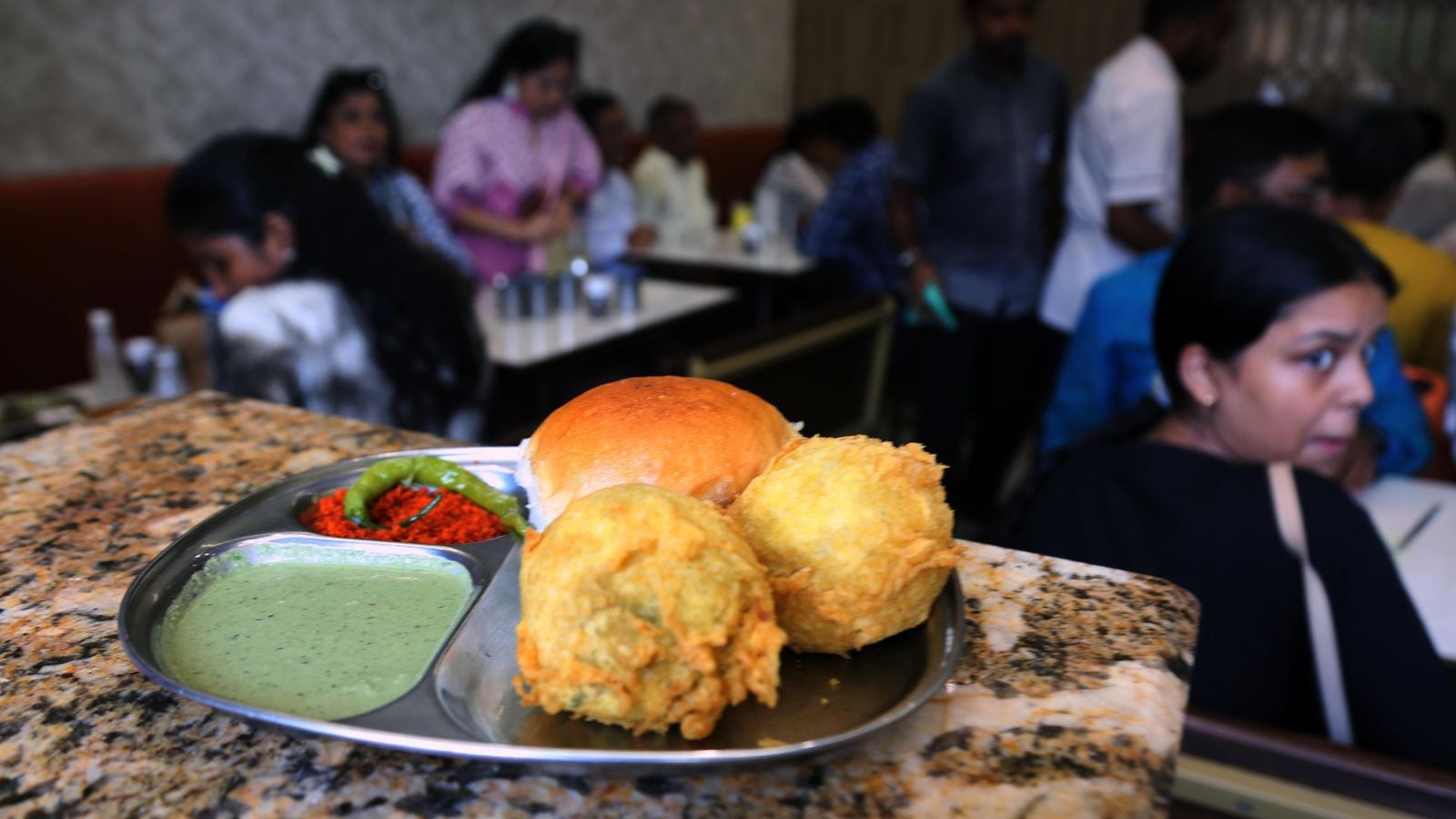Algeria: Mohamed Lakhdar-Hamina Put African Cinema On the Map With His Bold, Political Films About Algeria - allAfrica.com
Legendary Algerian film-maker Mohamed Lakhdar-Hamina has passed away at the age of 91. He is most commonly remembered as the first (and only) African to win the coveted Palme d'Or prize at the Cannes Film Festival for his film Chronicles of the Years of Fire, a telling of the Algerian War of Independence through the eyes of a peasant.
As early as the 1960s he was one of the few African film-makers to claim a global platform. And, as Algerian cinema scholar Nabil Boudraa explains, he used that platform to stake a claim for rich storytelling with a powerful political message that helped build Algerian cinema.
Mohamed Lakhdar-Hamina was born in 1934 in the city of M'Sila, in northern Algeria, at a time when the country was under French colonial rule. He grew up witnessing injustice and repression, which deeply shaped his worldview.
He originally studied agriculture and law in France but, in 1958, he deserted the French army to join the Algerian resistance during the War of Independence. After he moved to Tunisia and worked with the Provisional Government of the Algerian Republic, he quickly saw how powerful cinema could be as a tool for liberation and national memory.
In 1959, he was sent by the provisional government to Prague to study film at FAMU, one of Europe's top film schools. Instead of finishing his degree, he chose hands-on experience at Prague's famous Barrandov Studios.
This practical path helped shape his style. His films were never just technical works, but powerful, emotional stories rooted in lived experience. In that same year, he was commissioned by the Algerian Ministry of Information in exile, along with two other filmmakers, Djamel Chanderli and Pierre Chaulet, to produce a documentary film about Algeria's conditions under colonialism, called Djazaïrouna (Our Algeria). This film was intended to inform the international community at the United Nations about the goals of the Algerian resistance during the War of Independence.
Lakhdar-Hamina started making feature films just as Algeria won independence in 1962. He was one of the first to help build Algeria's national cinema. From the start, his films showed that Algerian cinema would be bold, political, and deeply connected to the country's painful history.
His first major film, The Wind from the Aurès (1966), tells the story of a mother looking for her son who was jailed during the independence war. This film won international praise, including an award at the Cannes Film Festival in France in 1967.
His most famous film, Chronicle of the Years of Fire (1975), is a powerful epic about Algeria's fight against colonial rule. The film mixes poetic imagery with sharp political messages. Structured in six parts, Chronicles delves into the socio-political factors leading up to the 1954 revolution against French rule.
Lakhdar-Hamina explained:
This is a film against injustice, against humiliation. What prevails is the motivation for the Algerian War. For young people who have not known this era, this would help them understand, while older people will recognise the truth in what is being told.
Chronicle of the Years of Fire won the Palme d'Or at Cannes - one of the top prizes in world cinema - and remains the only film by an African director to do so.
His 1982 film Sandstorm explored gender roles and the challenges of post-independence life for women. It would never become as well-known as Chronicle, but it showed his continued focus on real issues affecting everyday people.
With films like these and Hassan Terro (1986) (which he co-wrote), Lakhdar-Hamina offers powerful stories that span generations.
Lakhdar-Hamina's openly political, anticolonial films are important because they take us back to a time when cinema was used to challenge power and tell uncomfortable truths - in this case, the real story of the Algerian people under colonial rule.
In exploring colonial violence and the suffering of rural communities he echoes important thinkers like French West Indian philosopher Frantz Fanon and the revolutionary cinema of the 1960s and 1970s.
In the process his work captures defining moments in Algerian history, playing a key role in preserving postcolonial memory.
His films are also influential creatively. Rather than sticking to a purely realist approach, Lakhdar-Hamina developed a bold, poetic style. Influenced by the emerging global trends of his time (Westerns, Neorealism and Expressionism) they use long takes, oral tradition and striking visual compositions.
This layered storytelling gives Algerian history a kind of mythic dimension.
As a major voice in post-independence Algerian cinema, his work was acclaimed far beyond the country's borders. He brought Algerian film into global conversations and helped put the cinema of the global south on the world map.

Sign up for free AllAfrica Newsletters
Get the latest in African news delivered straight to your inbox
But Lakhdar-Hamina didn't stop at making his own films. He also helped build a national film industry.
He led key government film offices and worked hard as a producer to support movies that reflected Algeria's past and ever-changing society.
More than a celebrated film-maker, Lakhdar-Hamina was a foundational voice in giving voice to a film language capable of bearing the historical, political, and emotional weight of decolonisation. His work, spanning the early 1960s to the late 20th century, stands as a monument to the aspirations, traumas and contradictions of Algeria's modern history.
His films remain vital archives for scholars and viewers interested in the intersections of memory, resistance and representation. We should remember him not only because he made great films, but because he believed in the power of stories to change the world.
Nabil Boudraa, Professor of French and Francophone Studies, Oregon State University








:max_bytes(150000):strip_icc():focal(726x204:728x206)/taylor-swift-053025-3-898ac02b0546493b88c1d19cd56e27fb.jpg)